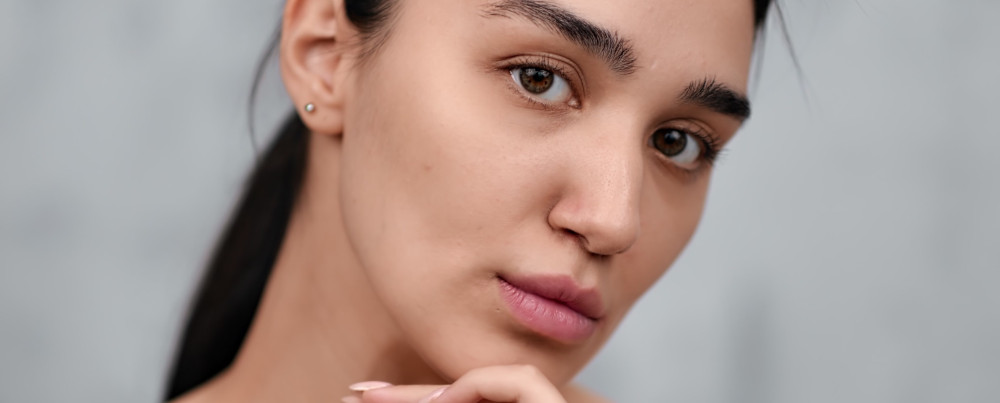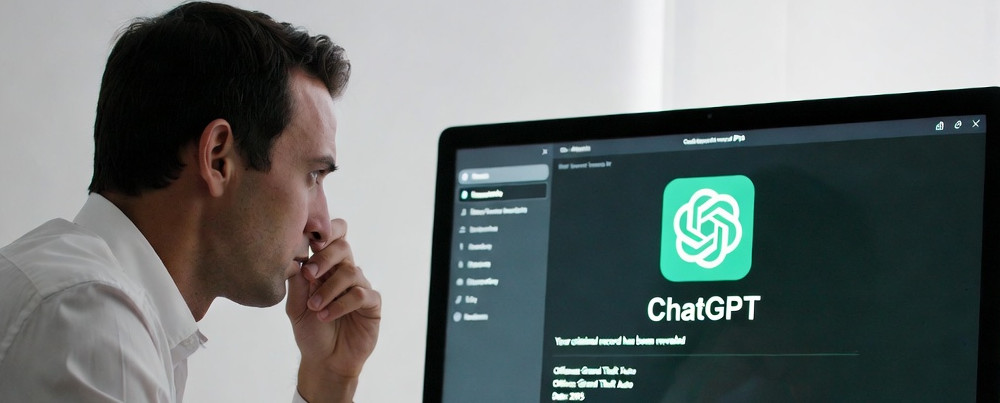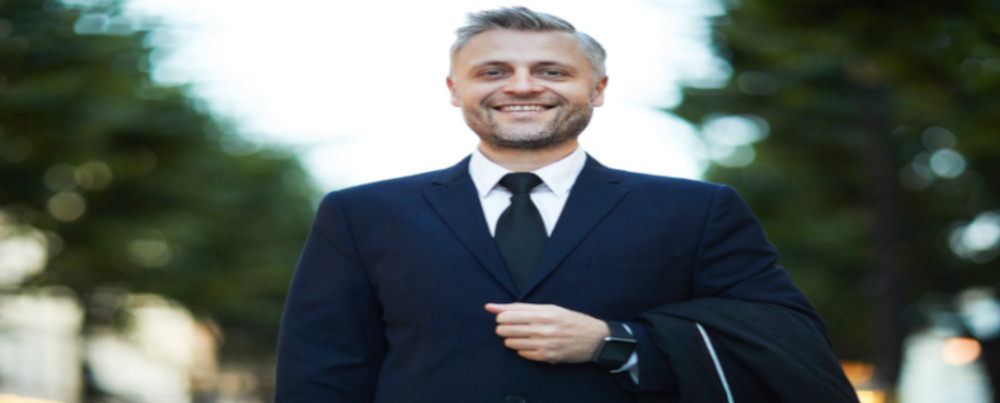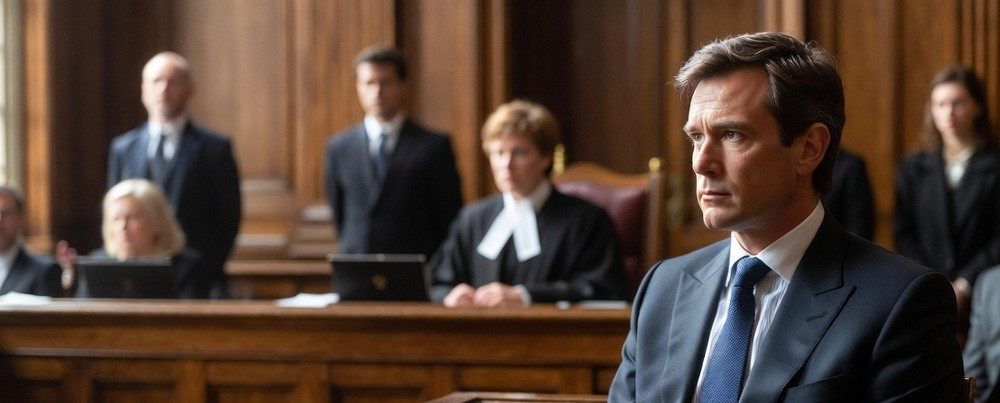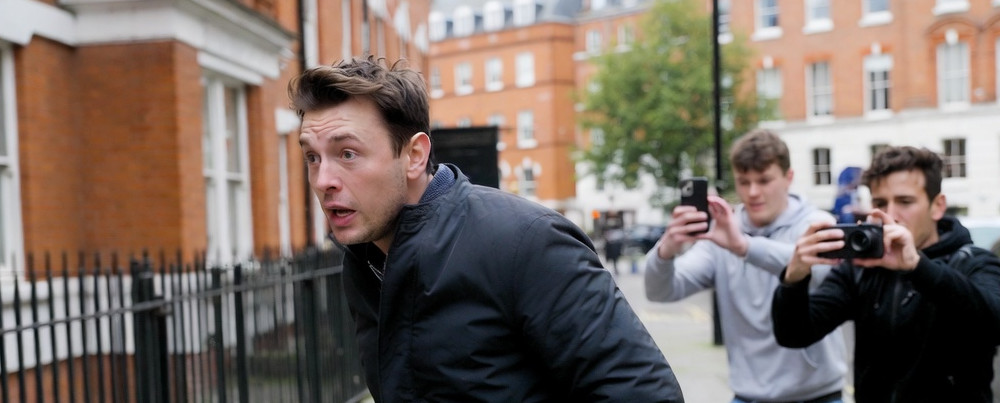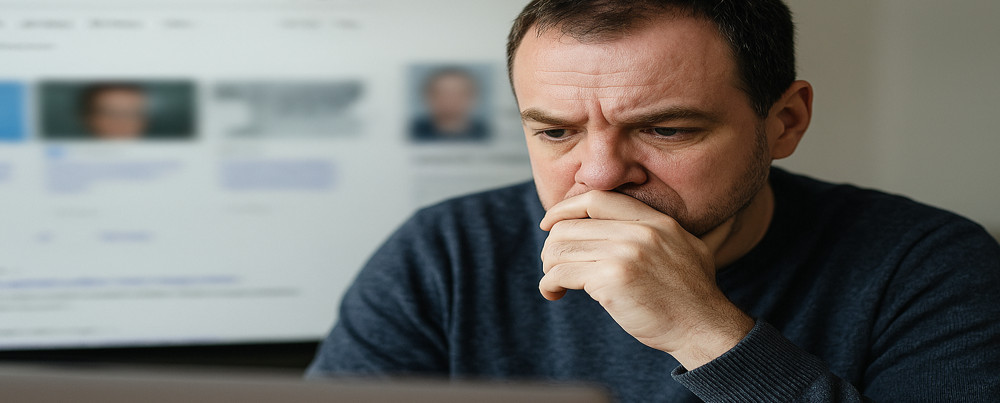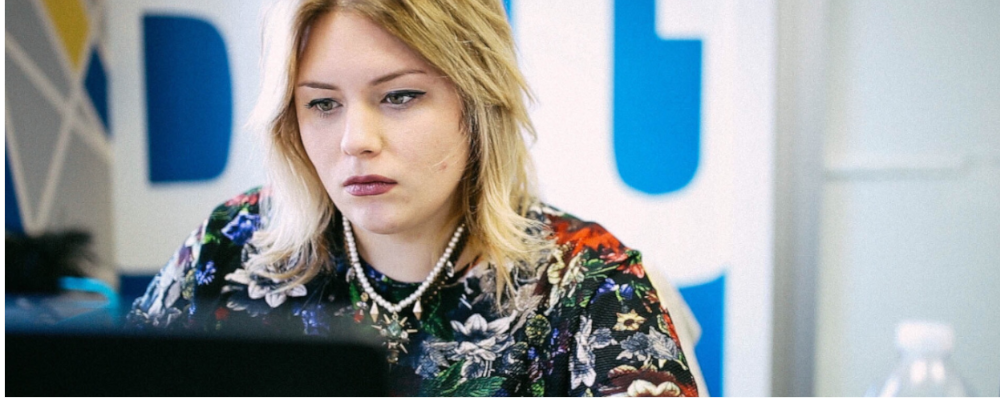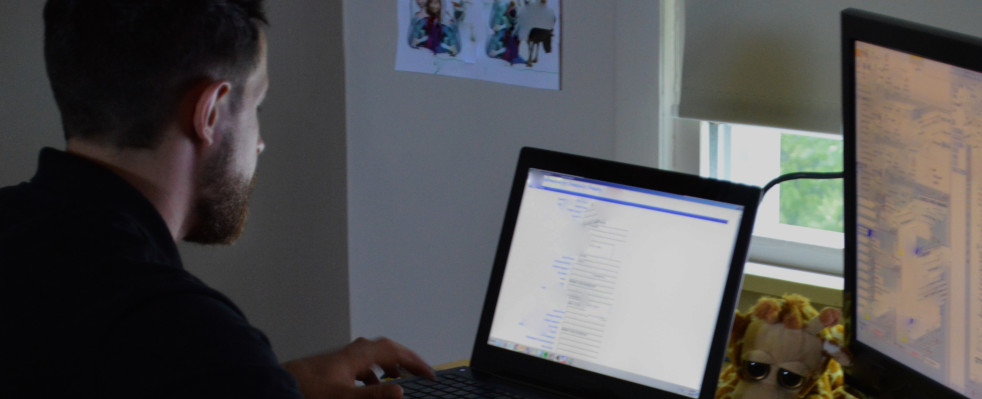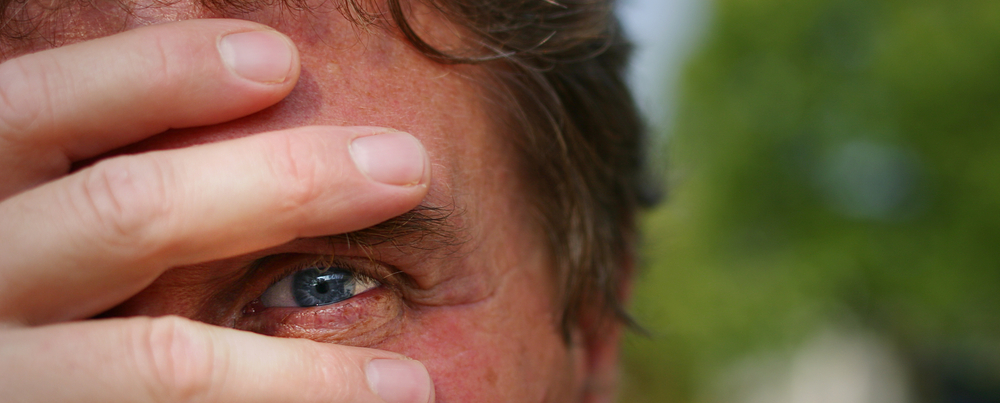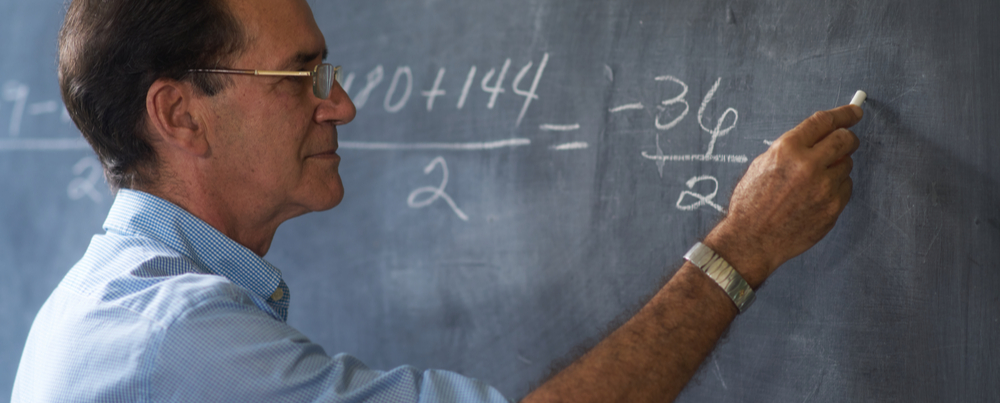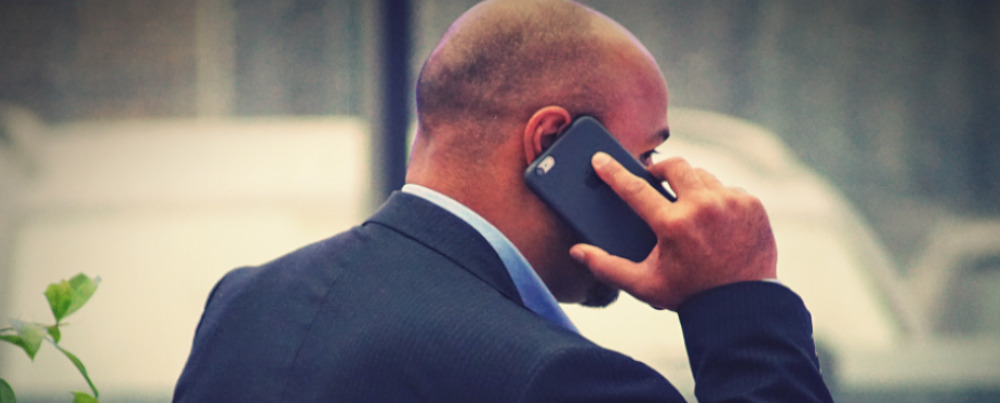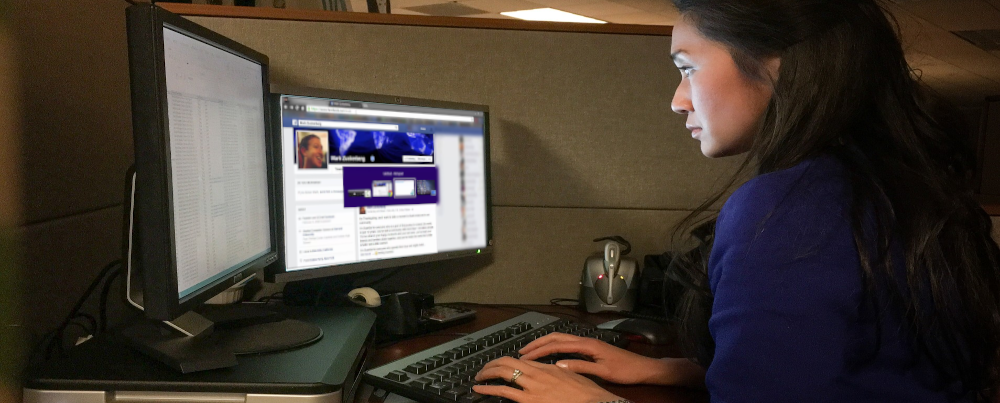Can a model have pictures removed from the internet
Yes. a model can have pictures removed from the internet including under a right to be forgotten but the process might not be that simple because there is a presumption that the model had agreed to have her pictures taken and they may now belong to the photographer.
Case study about a model having pictures removed from the internet
What to do if you regret doing a photo shoot as a model
What to do if Google refuses to delete images from their image library
Solicitors’ thoughts about the case
Case study about a model having pictures removed from the internet
Jasmina's life was turned upside down when she was 18 years old. At the time, she was young and naive, and like many girls her age, she was tempted to rebel and tempted by the allure of fame and fortune. So, when a modelling agency approached her with an offer to do a semi-naked photo shoot, she jumped at the opportunity. The photoshoot was a huge success, and Jasmina was thrilled with the results. She felt beautiful and empowered, and for a while, she basked in the attention she was receiving.
But soon, she realised that there was a dark side to her newfound fame. The images from the photoshoot were posted online, and before she knew it, they had gone viral. Jasmina was horrified when she saw the comments and messages from strangers who were ogling her body and making crude remarks. She felt violated and ashamed, and she wished she could turn back time and undo what she had done.
What to do if you regret doing a photo shoot as a model
As time went on, Jasmina tried to move on with her life. She began to lead a more religious and conservative lifestyle, and she hoped that people would forget about her past. But the images from the photo shoot kept popping up online, and they continued to haunt her. Jasmina's worst nightmare came true when her fiancé jilted her on their wedding day. The family had discovered the images of her in a bikini on the internet, and they were outraged. They refused to let their son marry a girl who had posed semi-naked for the world to see, and they demanded that the wedding be called off. Jasmina was heartbroken.
She felt like her past had destroyed her future, and she was fearful that she would never be able to have a meaningful relationship. She knew that modelling of this kind was not accepted by her religion, and she felt like she had let down her family and her community. She tried to have the images removed from the internet and from search engines but her right to be forgotten applications were refused by Google and Bing.
But then Jasmina discovered our firm through an internet search after she searched for a law firm that specialises in removing images from the internet, and booked an initial consultation, with little hope that our legal team will be able to help. Following a successful initial consultation she instructed Cohen Davis solicitors to submit two right to be forgotten applications on her behalf. Bing was very receptive and agreed to delist all links to her images immediately. They will no longer show up on internet searches. Google, however, initially refused to remove copies and links to the image from its image library.
What to do if Google refuses to delete images from the image library
Despite Bing's immediate agreement to delist the URLs related to Jasmina's semi-naked photoshoot, Google was initially reluctant to do so. The internet giant argued that Jasmina had willingly taken part in the photo shoot, and as such, the images were a matter of public interest. Jasmina's legal team knew that this was a common argument used by search engines to avoid delisting content, but they also knew that it was flawed. They believed that Jasmina's right to privacy and integrity should take precedence over any perceived public interest in her past actions. So they began to gather evidence to support their argument.
They collected testimonies from Jasmina's family and friends, who attested to her remorse and her attempts to lead a more religious and conservative lifestyle. They also consulted with religious leaders who confirmed that modelling of this kind was not acceptable within their faith. Finally, after a great deal of persuasion, Google relented. They agreed to delist the images of Jasmina’s semi-naked photo shoot, acknowledging that on balance, her right to privacy and integrity was paramount. They also recognised that it is natural for young people to regret their past conduct and that the delisting would allow Jasmina to move on with her life.
Jasmina was overjoyed when she heard the news. She knew that the images would always be a part of her past, but she was grateful that they would no longer be accessible to anyone who searched for her online. She knew that this was a huge victory, not just for herself, but for anyone who had ever regretted their past actions. With the help of her family and her faith, Jasmina began to rebuild her life. She focused on her studies and her career, and she found solace in her religion.
She knew that she had made a mistake when she was younger, but she also knew that she had the power to create a better future for herself. And with the images from the photoshoot finally behind her, she was ready to start anew. With the images finally removed from the internet, Jasmina was able to focus on her future. She completed her studies and began to work as a social worker, helping young people who were struggling with similar issues to the ones she had faced. She also became an advocate for the right to be forgotten and was grateful for the help and support she had received from the lawyers at Cohen Davis.
Solicitors’ thoughts about the case
Young people often have a need to rebel and as a result, they may create situations for themselves that they may regret in the future. When a model willingly participates in a photoshoot, she may lose all rights to her pictures. It is a sad reality that models, especially young and inexperienced ones, may not fully understand the legal implications of their actions.
However, it is important to remember that everyone deserves a second chance, and mistakes made in the past should not haunt people forever. Jasmina’s legal team knew that convincing Google to remove the images from the internet would be a challenge, but we were determined to make it happen. We understood the importance of the right to privacy and the right to be forgotten, and we were committed to fighting for our client's rights. After a lengthy legal battle, we were successful in convincing Google to delist the images.
This was a huge victory not just for Jasmina, but for the entire legal team. Internet companies need to do more to protect people's privacy online, and they had a responsibility to help people move on from their past mistakes. The case also helped to raise awareness of the dangers of online exploitation and the importance of responsible modelling. It highlighted the fact that young people, particularly young women, need to be aware of the legal implications of their actions, and that they need to be protected from exploitation and abuse.
Case studies are based on real cases. We have changed the names, dates and circumstances in relation to those involved in order to protect their identity and to emphasis important aspects of legal issues.


